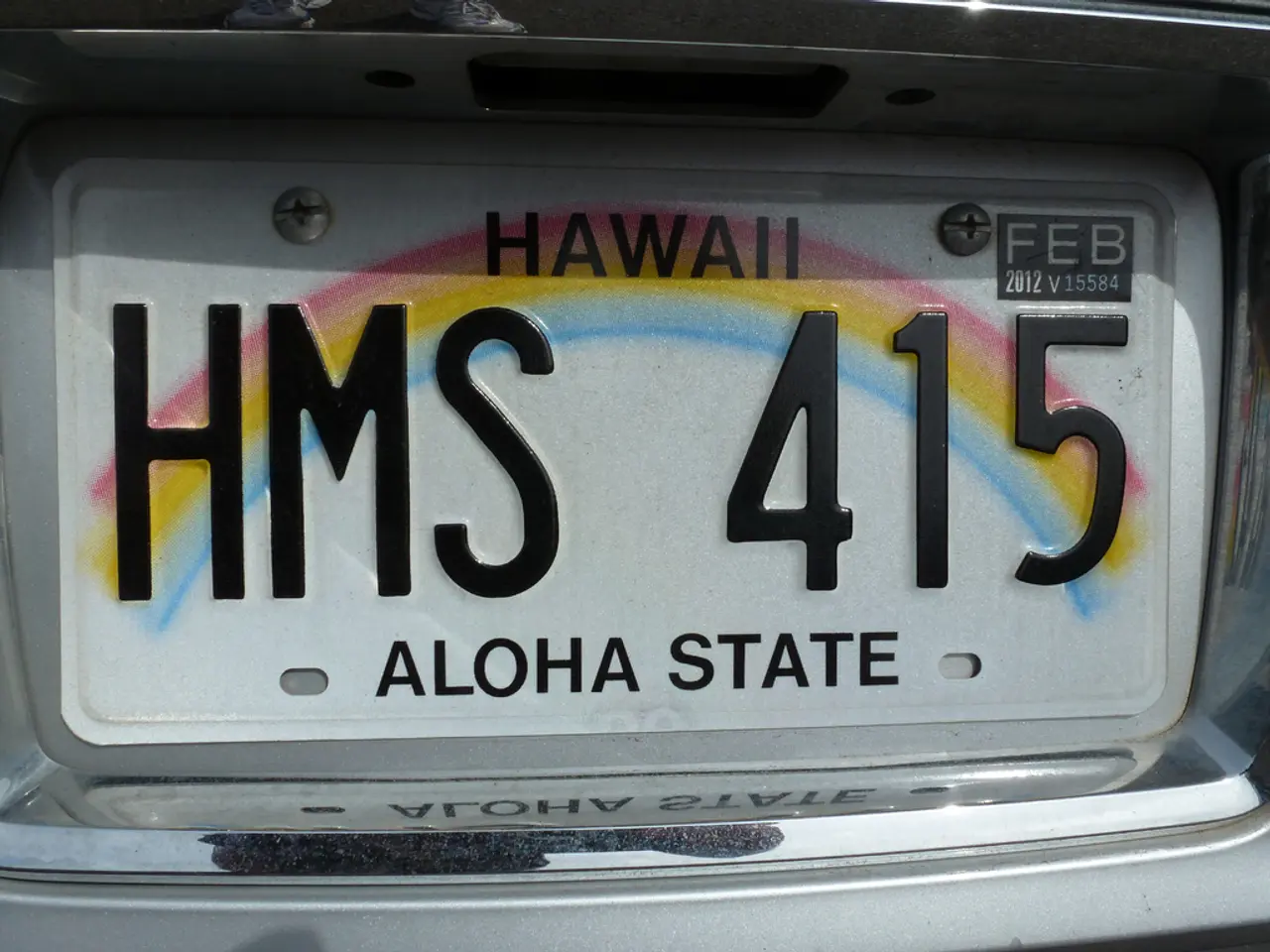Legislation passed to assist elderly populations suffering from dementia, headed by Green
In a significant move to address the rising need for expert care for Hawaii's elderly population living with Alzheimer's disease and other forms of dementia, Governor Josh Green has enacted SB 1252, which was recently signed into law as Act 283.
Recognising the growing demand for a healthcare workforce capable of providing specialised and compassionate dementia care, the bill allocates $525,000 for each of the fiscal years 2026 and 2027 to the University of Hawaiʻi at Mānoa John A. Burns School of Medicine (JABSOM).
The funding will be utilised to create and maintain positions within JABSOM’s Department of Geriatric Medicine dedicated to developing and updating dementia-related curriculum. Additionally, it will establish and conduct educational and training programmes aimed at laying the groundwork for comprehensive, dementia and Alzheimer’s-informed care. The ultimate goal is to strengthen the local healthcare workforce by providing specialised training, ensuring that professionals are better prepared to support kūpuna (elderly residents) facing these conditions.
State Sen. Stanley Chang, who shared a personal story about his father passing away from dementia after his mother served as his primary caregiver for over a decade, highlighted the importance of the bill. He stated, "This legislation will help improve the quality of life for kūpuna across the state by enabling better access to expert care and fostering a more knowledgeable, compassionate healthcare workforce focused on dementia and Alzheimer’s care."
Governor Green, who also shared stories about elderly family members impacted by Alzheimer's disease and dementia, emphasised the urgency of the situation. He stated, "Longer lifespans are causing a 'Silver Tsunami' that will bring about the largest elder population in history by the 2030s. The number of kūpuna who are expected to experience dementia is expected to triple in the next 35 years."
The bill is part of a series of measures signed by Governor Green to enhance protections for vulnerable citizens in Hawaii. AARP Hawaii Advocacy Associate Director Audrey Suga-Nakagawa commended the dementia care and rent supplement bills, stating, "They honour the dignity of Hawaii's older adults and build a more resilient age-friendly community."
The training program is expected to add to the state's workforce, providing a more knowledgeable and compassionate healthcare workforce focused on dementia and Alzheimer’s care. The University of Hawaii's Department of Geriatric Medicine can add positions to develop and update curricula, focusing on enhanced care for Alzheimer's and dementia patients.
The bill is a testament to the state's commitment to its elderly residents and a step towards improving the quality of life for those living with dementia and Alzheimer's disease.
- The allocation of funds for the University of Hawaiʻi at Mānoa John A. Burns School of Medicine (JABSOM) is aimed at developing a more knowledgeable and compassionate healthcare workforce focused on dementia and Alzheimer’s care.
- The state's commitment to its elderly residents is evident in the enactment of SB 1252, which will enhance the quality of life for kūpuna (elderly residents) by enabling better access to expert care and fostering a more knowledgeable, compassionate healthcare workforce.
- The bill, part of a series of measures to protect vulnerable citizens in Hawaii, aligns with the goal of building a more resilient age-friendly community, as stated by AARP Hawaii Advocacy Associate Director Audrey Suga-Nakagawa.
- The growing demand for healthcare workers specialized in dementia care becomes crucial in the context of the 'Silver Tsunami' – the largest elder population anticipated by the 2030s, during which the number of kūpuna experiencing dementia is expected to triple.




